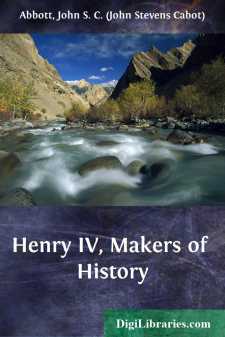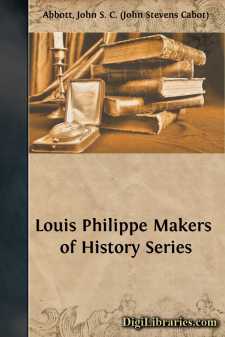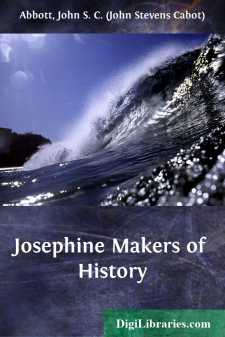Categories
- Antiques & Collectibles 13
- Architecture 36
- Art 48
- Bibles 22
- Biography & Autobiography 813
- Body, Mind & Spirit 141
- Business & Economics 28
- Children's Books 12
- Children's Fiction 9
- Computers 4
- Cooking 94
- Crafts & Hobbies 4
- Drama 346
- Education 46
- Family & Relationships 57
- Fiction 11826
- Games 19
- Gardening 17
- Health & Fitness 34
- History 1377
- House & Home 1
- Humor 147
- Juvenile Fiction 1873
- Juvenile Nonfiction 202
- Language Arts & Disciplines 88
- Law 16
- Literary Collections 686
- Literary Criticism 179
- Mathematics 13
- Medical 41
- Music 40
- Nature 179
- Non-Classifiable 1768
- Performing Arts 7
- Periodicals 1453
- Philosophy 64
- Photography 2
- Poetry 896
- Political Science 203
- Psychology 42
- Reference 154
- Religion 513
- Science 126
- Self-Help 83
- Social Science 81
- Sports & Recreation 34
- Study Aids 3
- Technology & Engineering 59
- Transportation 23
- Travel 463
- True Crime 29
King Philip Makers of History
Description:
Excerpt
Chapter I.
Landing of the Pilgrims.
1620-1621
Arrival of the Mayflower.On the 11th of November, 1620, the storm-battered Mayflower, with its band of one hundred and one Pilgrims, first caught sight of the barren sand-hills of Cape Cod. The shore presented a cheerless scene even for those weary of a more than four months voyage upon a cold and tempestuous sea. But, dismal as the prospect was, after struggling for a short time to make their way farther south, embarrassed by a leaky ship and by perilous shoals appearing every where around them, they were glad to make a harbor at the extremity of the unsheltered and verdureless cape. Before landing, they chose Mr. John Carver, "a pious and well-approved gentleman," as the governor of their little republic for the first year. While the carpenter was fitting up the boat to explore the interior bend of the land which forms Cape Cod Bay, in search of a more attractive place of settlement, sixteen of their number set out on foot on a short tour of discovery. They were all well armed, to guard against any attack from the natives.
Explorations.Captain Weymouth.
Indian captives.
Cautiously the adventurers followed along the western shore of the Cape toward the south, when suddenly they came in sight of five Indians. The natives fled with the utmost precipitation. They had heard of the white men, and had abundant cause to fear them. But a few years before, in 1605, Captain Weymouth, on an exploring tour along the coast of Maine, very treacherously kidnapped five of the natives, and took them with him back to England. This act, which greatly exasperated the natives, and which led to subsequent scenes of hostility and blood, it may be well here to record. It explains the reception which the Pilgrims first encountered.
Enticing the natives.The seizure.
Trophies.
Necessity for caution.
Captain Weymouth had been trafficking with the natives for some time in perfect friendship. One day six Indians came to the ship in two canoes, three in each. Three were enticed on board the ship, and were shut up in the cabin. The other three, a little suspicious of danger, refused to leave their canoe, but, receiving a can of pease and bread, paddled to the shore, where they built a fire, and sat down to their entertainment. A boat strongly manned was then sent to the shore from the ship with enticing presents, and a platter of food of which the Indians were particularly fond. One of the natives, more cautious than the rest, upon the approach of the boat, retired to the woods; the other two met the party cordially. They all walked up to the fire and sat down, in apparent friendship, to eat their food together. There were six Englishmen and two naked, helpless natives. At a given signal, while their unsuspecting victims were gazing at some curiosities in a box, the English sprang upon them, three to each man. The natives, young, vigorous, and lithe as eels, struggled with Herculean energy. The kidnappers, finding it difficult to hold them by their naked limbs, seized them by the long hair of their heads, and thus the terrified creatures were dragged into the boats and conveyed to the ship....












